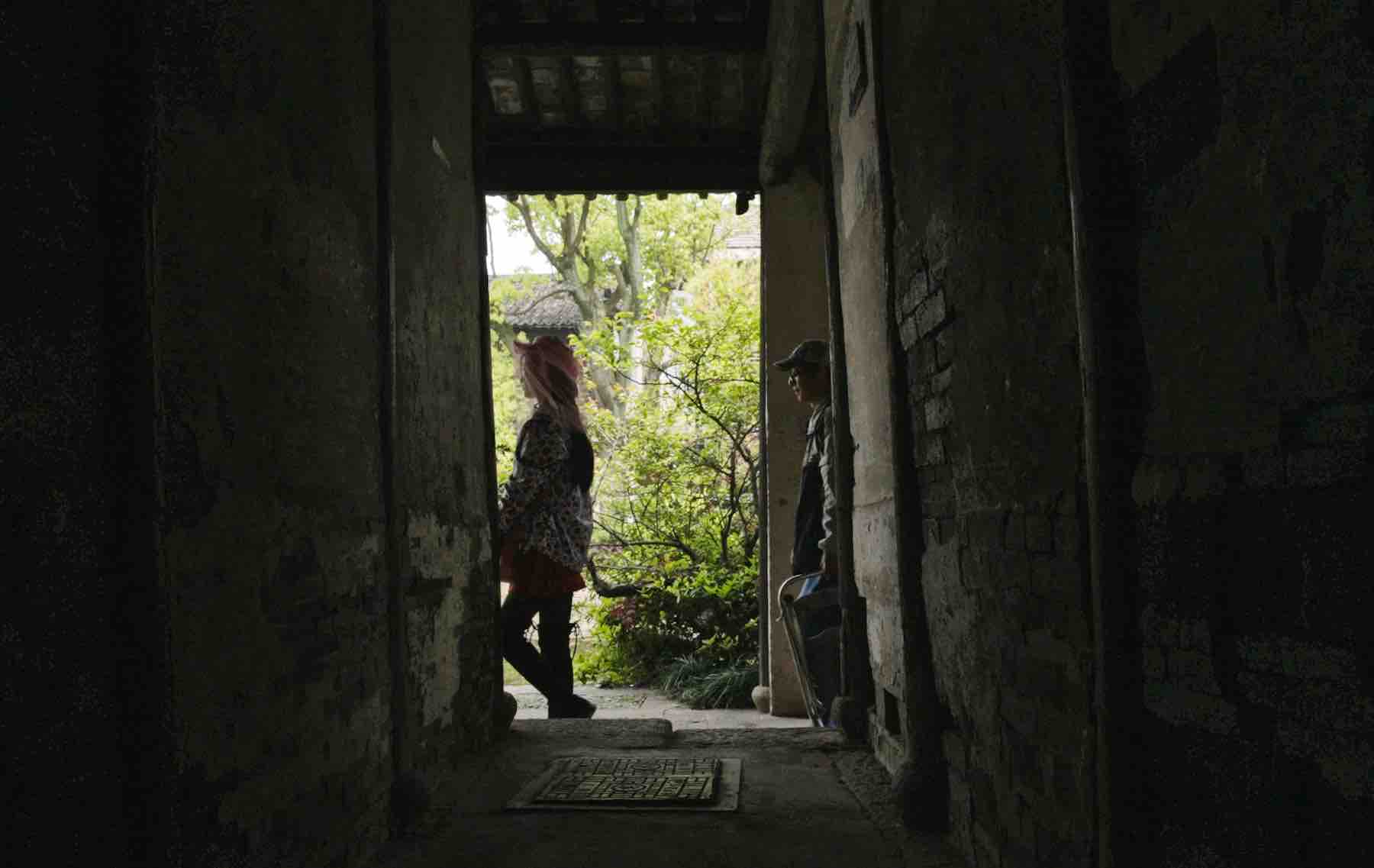It was only by chance that we came into contact with many autistic groups and began to have a better understanding of autistic families. Both children and their parents are going through hardships that we ordinary parents cannot understand.
In a typical autistic family in China, one of the parents has to give up his/her job to stay home with the child because children with autism aren't usually accepted in most public kindergartens and schools. Children who have done great in recovery classes can try to attend a normal elementary school when he/she reaches school age. However, they have to be accompanied by their parents in class for the first two years. Even if the child is mentally stable, his/her parents will still have to spend time in the teacher's office for the next two years when their children is in school. They have to be approachable at any time in case the teacher needs a hand when their children are out of control.
China has implemented a family planning policy since 1979. The only-child generation has long since become parents. After the previous generation pass away, the child will have no uncle, no grandparents to take care of him/her. China currently does not have a dedicated trust fund for custody and provision of services in place for autistic families. Even if the parents leave a fortune that served as future living expenses for the children, given that a large number of autistic children are accompanied by mental retardation, it is impossible to make sure that their offspring will actually have access to the money and make use of it.
"Am I going to have a second child? What if the second child is still autistic?" "I am making efforts every single day. How come after all these years, my child still look the same? Is it worth keeping on?" Parents often have these concerns. They also fear that because autism is considered a disability and employers are very sensitive about the instability someone with mental disorders might cause in workplace, it will be extremely difficult for autistic children to find a job when they grow older. Without the opportunity to work, their social functioning deteriorates even further.
Not being judgemental, but I grew up in a Chinese society and I'm telling ya... it is not supportive enough to people with disabilities, including the autistic families. Parents often face rejections and discriminations from others. Me and my friend came across a young mother who was trying to get her child on the bullet train in Shanghai. The child was denied on board because his uncommon behaviours. "Please let my child get on the train, the train is about to leave, please believe that he will not hurt you, he is not mentally ill." These words are the reflection of the deep struggle, despair, shame, self-blame of the autistic families as well as the incomprehension from the society. We are deeply touched and decided to film a documentary in order to make more people understand this group and their families.
The ten-episode documentary revolves around love, art, and society. We hope that everyone stops labeling them, they are not the geniuses in rain man or some popular science. Autistic children are first and foremost living human beings, they have all the emotions and inner worlds of all men, and they experience love and hate like the rest of us. If our first episode speaks to you, then we have nine more episodes to be produced and you will be supporting not only us, but also the Chinese autistic community as 100% of the box office will go directly to fund the autistic projects.
